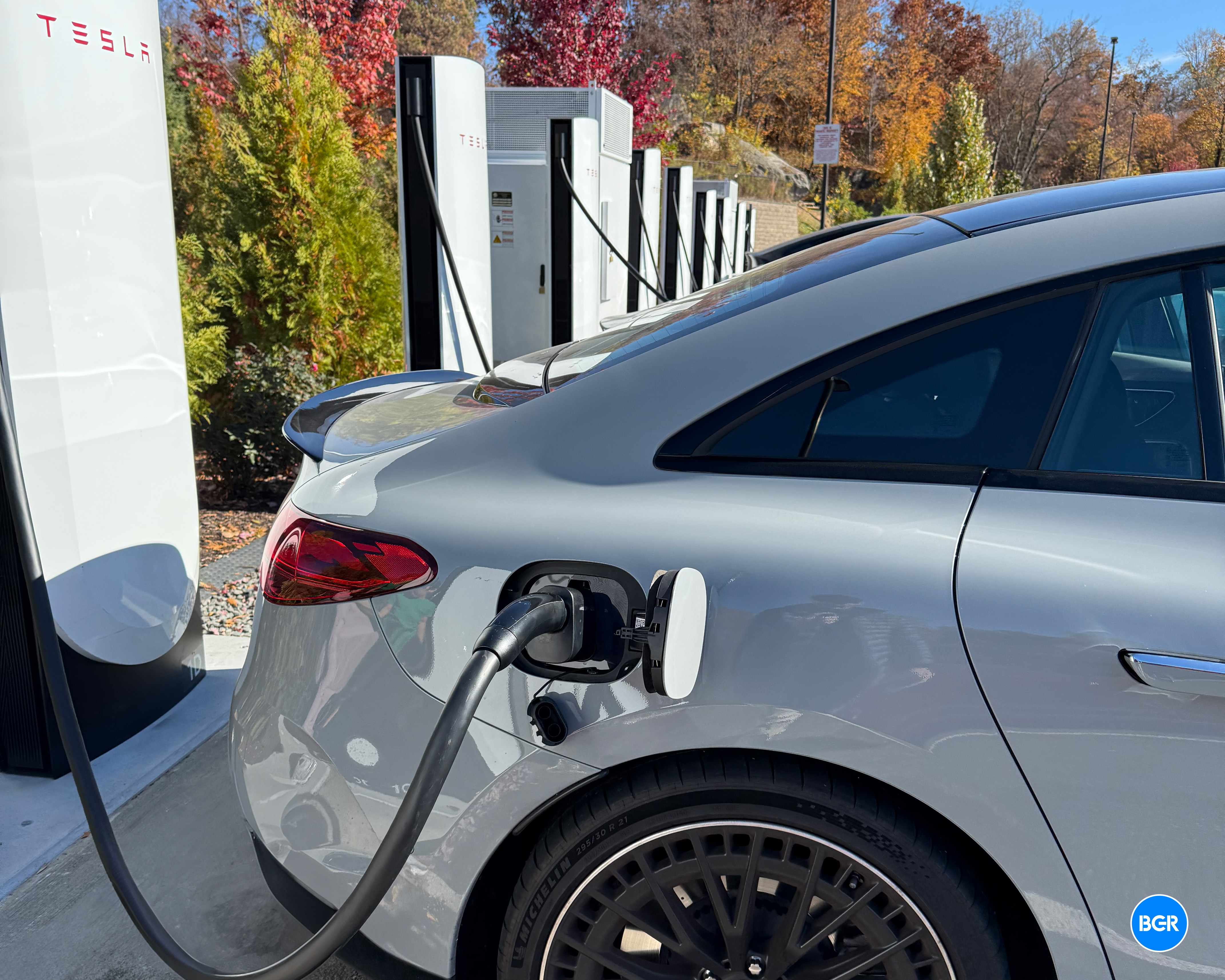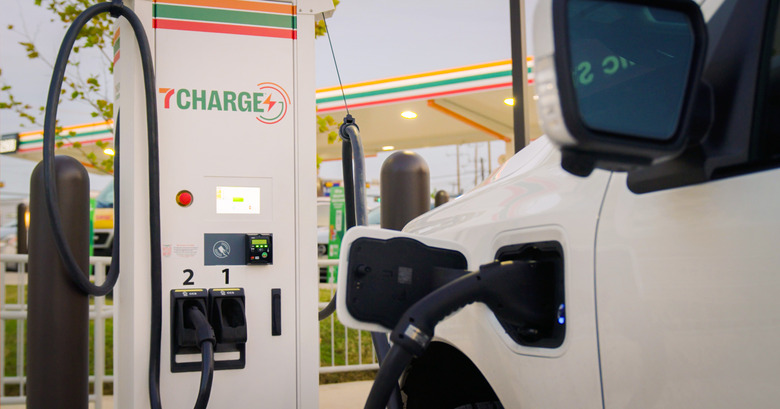New 'Single-Crystal' Electrode Battery Tech Could Power EVs For Millions Of Miles
The electric vehicle industry is on the brink of a major breakthrough with the development of a longer-lasting EV battery featuring single-crystal electrodes. According to new research, this innovation could allow EVs to travel millions of miles—far outlasting the lifespan of the vehicles themselves.
The findings published in the Journal of The Electrochemical Society highlight the potential to revolutionize EV performance and sustainability by surpassing traditional lithium-ion batteries. Traditionally, lithium-ion batteries rely on polycrystalline electrodes composed of numerous small particles, each of smaller crystals.
However, over time, these particles develop cracks as the ions move in and out during charging and discharging cycles, limiting battery life. By contrast, single-crystal electrodes are made from uniform crystals, which are far more resistant to mechanical strain and cracking. This could pave the way for longer-lasting EV batteries.
Researchers showcased this enhanced durability in a six-year test, during which a single-crystal battery underwent over 20,000 charge-discharge cycles and retained 80 percent of its original capacity.

This is equivalent to an EV driving approximately 5 million miles (8 million kilometers)—a dramatic improvement compared to current EV batteries, which typically need replacement after about 200,000 miles (322,000 kilometers). Longer-lasting EV batteries like this could have profound implications for sustainability.
The researchers say that the longer you drive an EV, the lower its carbon footprint becomes. As such, Fewer battery replacements reduce waste and lower costs for consumers, making EV ownership more appealing. These batteries could also have a second life in grid-scale energy storage.
Once retired from EVs, these longer-lasting batteries can store renewable energy, such as solar and wind power, ensuring a greener future. Although single-crystal electrode batteries are commercially available, they are not yet widely used in EVs.
Tesla, one of the study's sponsors, has already patented similar tech, with members of the research team listed as co-inventors. And, as EV adoption grows, innovations like this will be key to minimizing environmental impact.
